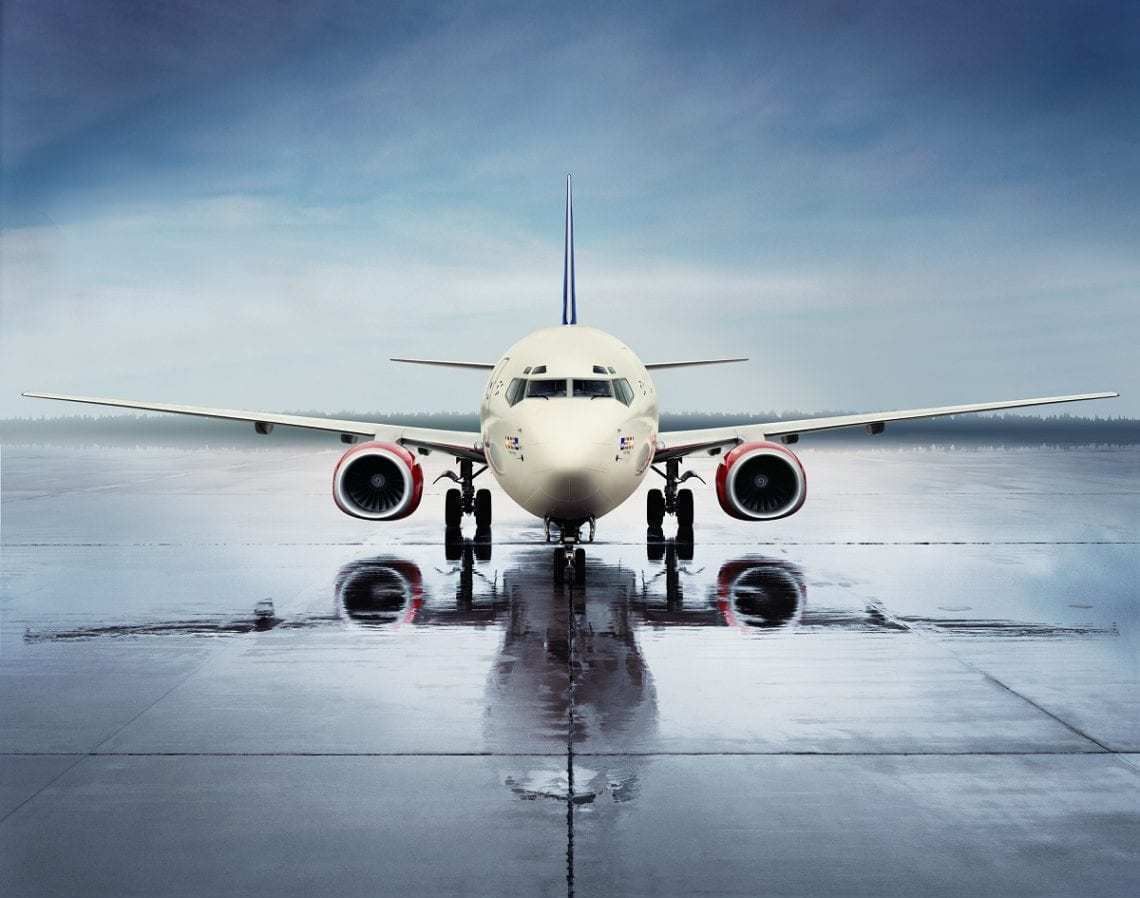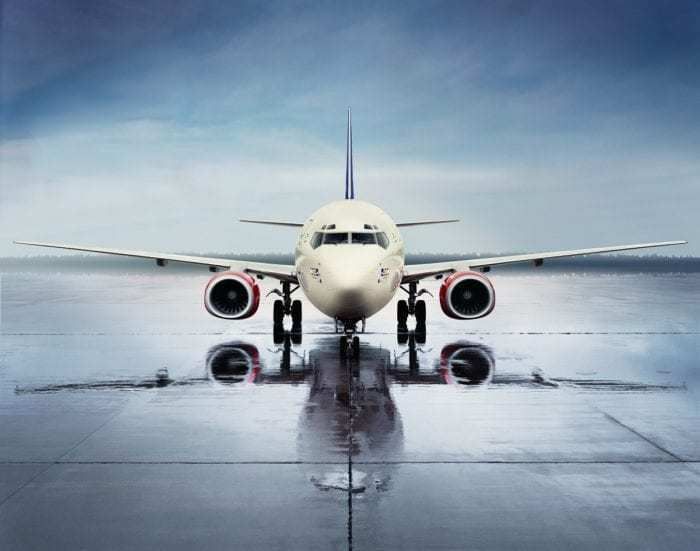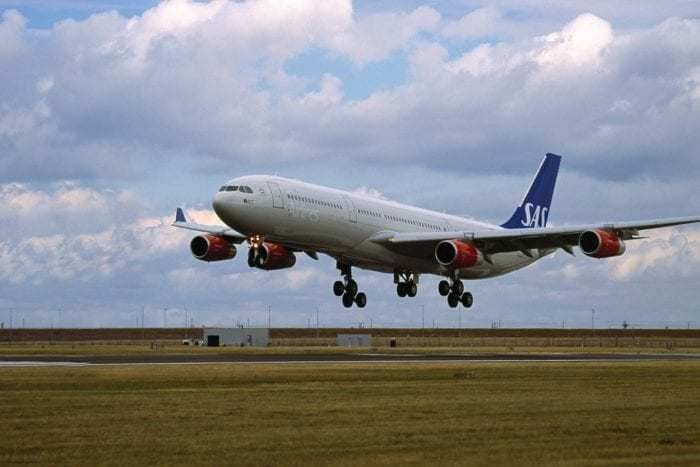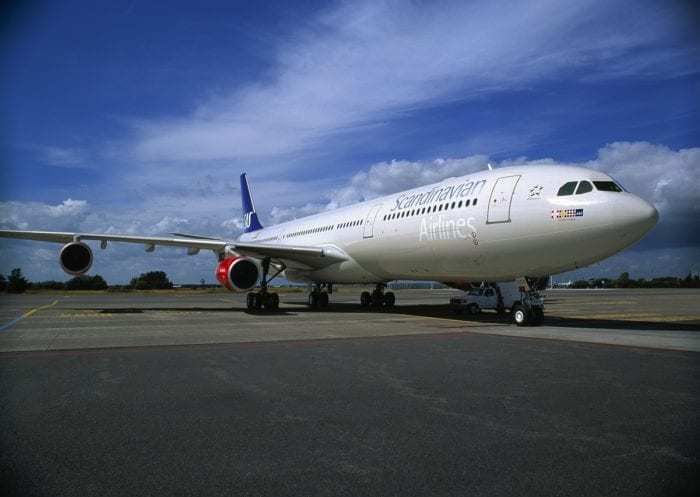SAS has signed a unique agreement with Airbus to develop hybrid and electric aircraft, and to further explore sustainable sources of biofuel.
The announcement of the joint project was made in an SAS press release on Wednesday this week.
A ‘Memorandum of Understanding’ has been signed by both the Scandinavian carrier and the aerospace giant. It is hoped the union will help to determine how best to achieve electrically powered flight.
In its press release SAS talks of the exclusivity of its cooperation with Airbus. But emphasis was placed firmly on the learning of the requirements of electric flight. The development of a specific ‘green’ aircraft was only hinted at.
‘The project aims to gain an understanding of the introduction of hybrid-electric aircraft for large-scale commercial use,’ states the bulletin.
The intention of the project
Towards the end of 2018, SAS announced that it had collaborated with other Nordic companies. The group agreed to align their business motivations with the UN’s Sustainable Development Goals. This alignment gave rise to the ongoing search for a sustainable source of biofuel.
The new partnership between SAS and Airbus comes off the back of renewed efforts to find cleaner ways to travel through the air. The joint research project is intended to build a collective knowledge of ‘opportunities and challenges’ associated with electric and hybrid power.
It is hoped that the research will lead to the future development of spark-powered commercial airliners.
Rickard Gustafson, CEO of SAS is quoted in the press release as saying, ‘We are proud of our ambitious sustainability work and are now pleased that Airbus has chosen SAS to partner up with us for this future project. If this becomes a reality, it will revolutionize emissions.’
Electric flight
Green aircraft are already being built by an array of manufacturers.
easyJet was, in September 2017, in talks with Wright Electric. The pair discussed the possibility of developing an electric 180-seat airliner by 2027, according to Victoria Moores for Air Transport World.
This year sees the inaugural test flight of Eviation Alice. Alice is a prototype Israeli electric aircraft built almost entirely from composite materials. It will be controlled by fly-by-wire technology and powered by three propellers.
It is expected that Alice will eventually be capable of transporting nine passengers and two crew members.
Scandinavian effort
SAS is renowned for its pioneering work to reduce emissions and make flying more ecologically sound. The airline’s goal is to cut its carbon footprint by a quarter by 2030. This it aims to do by modernizing its fleet and increasing its use of biofuels.
A large part of its ongoing work with research institute Rise includes researching and producing biofuel which is currently hard to come by.
‘Today's aircraft can fly on biofuel,’ SAS CEO Rickard Gustafson told Dagens Industri. ‘The problem is that it is not possible to buy enough of it, so we want to create opportunities and incentives for large-scale production.’
Partnership
Of the partnership between SAS and Airbus, the aerospace giant was optimistic and ‘delighted’. Grazia Vittadini, Airbus Chief Technology Officer said that the project offered the opportunity to use, ‘our respective expertise to explore the potential of hybrid-electric propulsion opportunities in our aviation eco-system.’
Airbus also welcomes the partnership for its research of innovative fuel sources. As part of its ongoing commitment to a sustainable air industry Airbus hopes that finding a renewable energy supplier will ensure consistency of zero emissions operations.
Airbus, in conjunction with other leading aircraft industries, undertook eight years ago an industry-wide initiative called ‘Biofuel Flightpath’. Launched in June 2011 the project aims to achieve 2 million tons of sustainable civil aviation biofuel by the year 2020.




